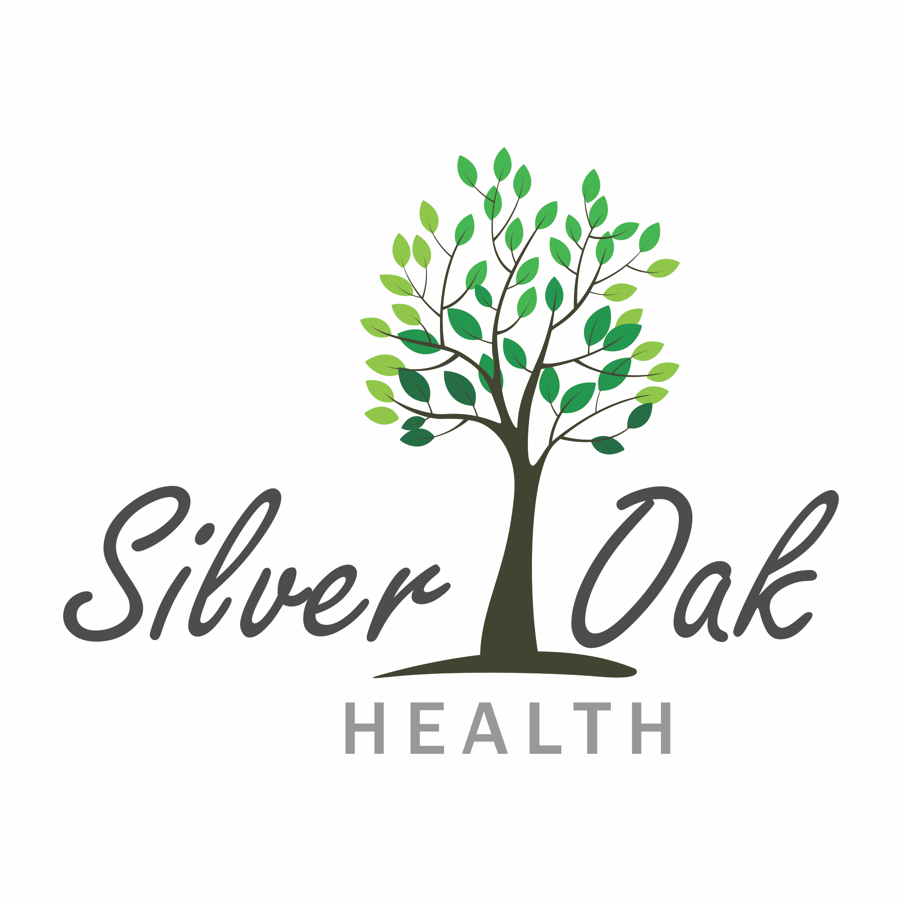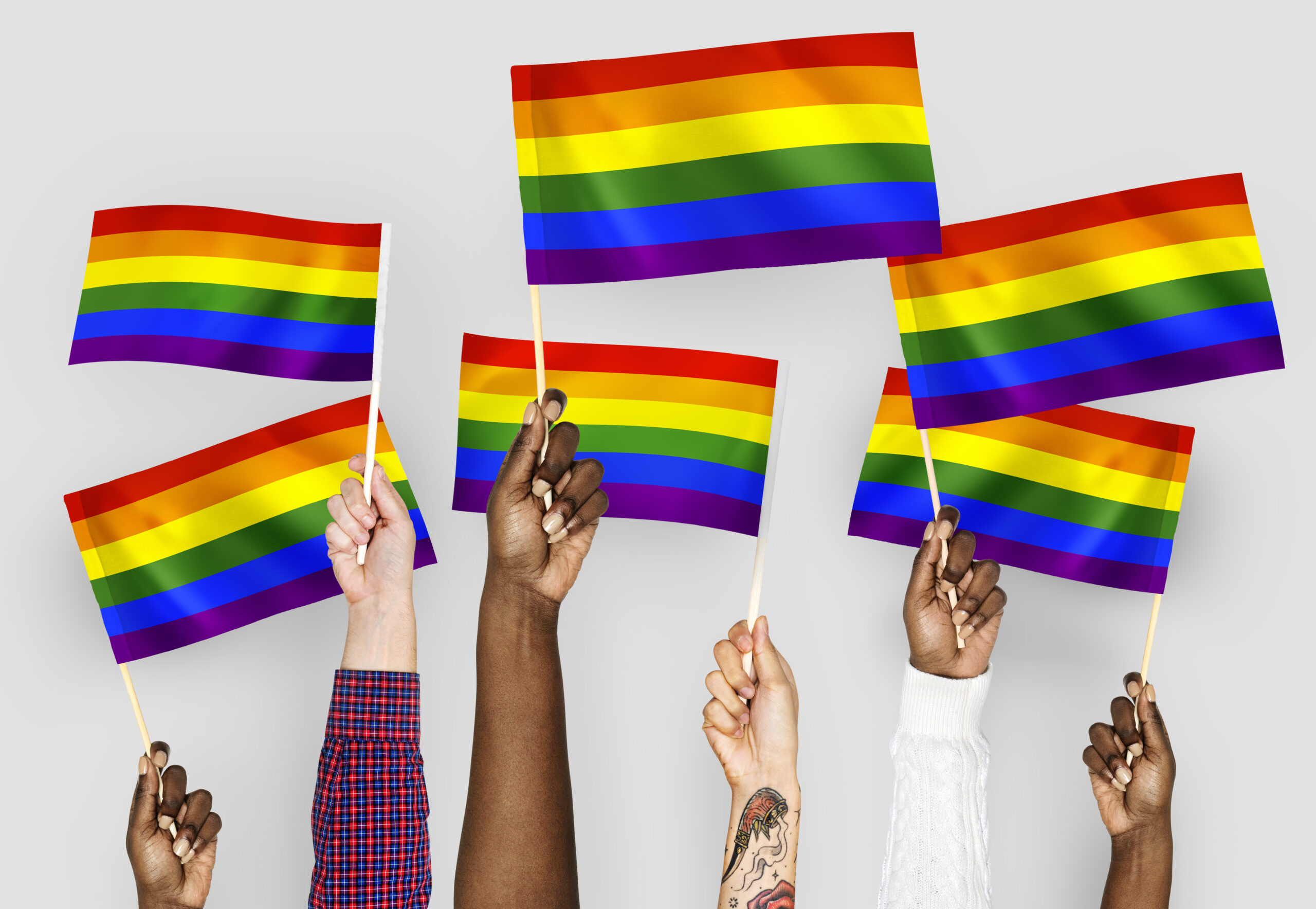Anyone who knows psychologist Abraham Maslow’s famous Hierarchy of Needs theory can understand that safety is a basic human need, second only to physiological needs such as food and shelter. Safety is an umbrella term that refers not only to the need for bodily safety but also includes the need for security of employment, of resources, of morality, of family, and of health. In other words, safety is physical, psychological, social and material.
As adults, most of us spend a great deal of time at work. In fact, a recent National Sample Survey Office (NSSO) report revealed that employees in Indian cities do not work the standard 8-hour workday as most other countries do. Instead, we work an average of 53 to 54 hours a week. Now imagine that you don’t feel safe for the 10 to 12 hours a day that you devote to your work.
Add to this the fact of discrimination on the basis of gender, sexual orientation, religion, race, disability are occurrences in workplaces that impact minority groups of people. Particularly the LGBTQIA+ community face harassment in the workplace more than other groups. These can take varying forms: insensitive banter, homophobic jokes, insults regarding sexuality, degrading references to a person’s sexual orientation, and even complete isolation at the workplace. The community continues to face both explicit as well as implicit discrimination.
Here are some statistics that you may not know about the current workplace scenario in our country:
- In a 2021 study, 55% of Indian employees report they are bullied at work, leading to declining mental well-being. Discrimination is one of the leading causes for turnover.
- A 2020 survey showed that 36% of Indian employees are suffering from mental health issues. Another survey shows 43% of Indian employees belonging to the private sector report suffering from mental health problems in the workplace.
- Studies consistently show that Indian professionals suffer higher stress level than most workers globally.
- According to a 2021 study, 46% of LGBTQIA+ employees have experienced unfair treatment at work.
Clearly, there is a need for creating safe and diverse workplaces where employees feel like they belong and can contribute meaningfully. Mere policies on paper are not enough, though it’s certainly one aspect of putting in places guidelines for fairness and equality in the workplace. This is why company initiatives like Prevention of Sexual Harassment (POSH) and Diversity, Equity and Inclusion (DEI) practices began, to address the problems discrimination and harassment can cause. DEI interventions cover a wide spectrum from sensitization, counselling and coaching sessions to inclusion surveys and peer support groups.
In the workplace, the following concrete and practical considerations contribute to a safe as well as productive work environment.
- Safety means incorporating policies including inclusive hiring practices, regardless of background, gender identity, sexual orientation, disability, and other attributes.
- Safety means investing in training and fostering better awareness through training programs, open discussions and workshops. It is also important for organisations to be well-versed in employee’s rights as well as anti-discrimination and disability laws.
- Safety means paying better attention towards language so that inappropriate or abusive language whether regarding disability, sexual orientation or any other basis for discrimination is not tolerated, and an inclusive atmosphere is fostered.
- Safety means providing adequate infrastructure to ensure each employee feels comfortable using the facilities where they spend a large number of hours during the day e.g. – appropriate washroom facilities, railings for access, visual aids, etc.
- Safety means cultivating a supportive environment by actively reviewing existing employment practices, building a more welcoming workplace and administer training programs.
- Safety means increasing access to resources and programs. Employee Assistance Programs (EAPs) that give employees access to mental health resources and any other kind of assistance they may be in need of is just one example.
- Safety means making psychological safety a priority by making it explicit, facilitating everyone to speak up, making space for new ideas to be expressed without fear of judgment and engaging in productive conflict.
Safety and diversity in the workplace go hand in hand. One is not truly complete without the other. Stating a company has an “open door policy” means nothing if it isn’t implemented, whether in terms of hiring or addressing harassment or discrimination. A safe workplace that is free of harassment and discrimination shouldn’t be a privilege, it is every worker’s right.

